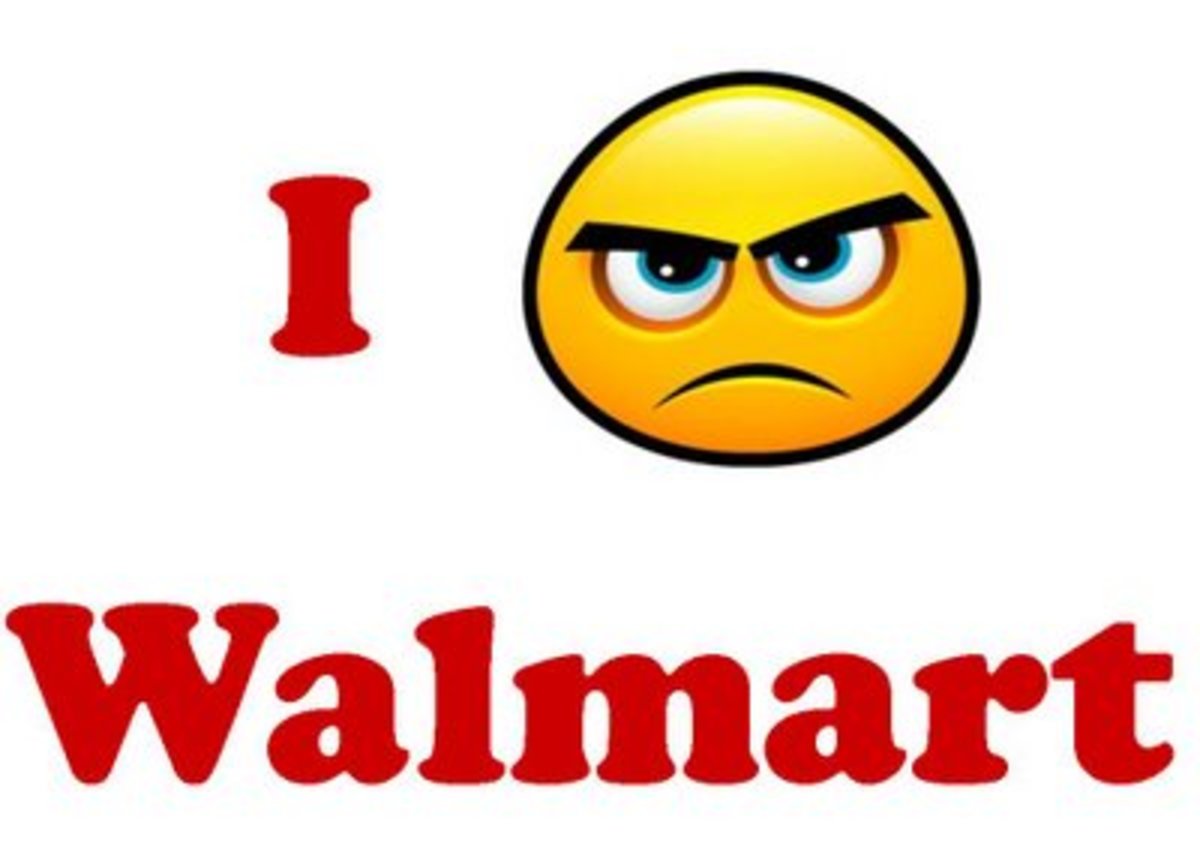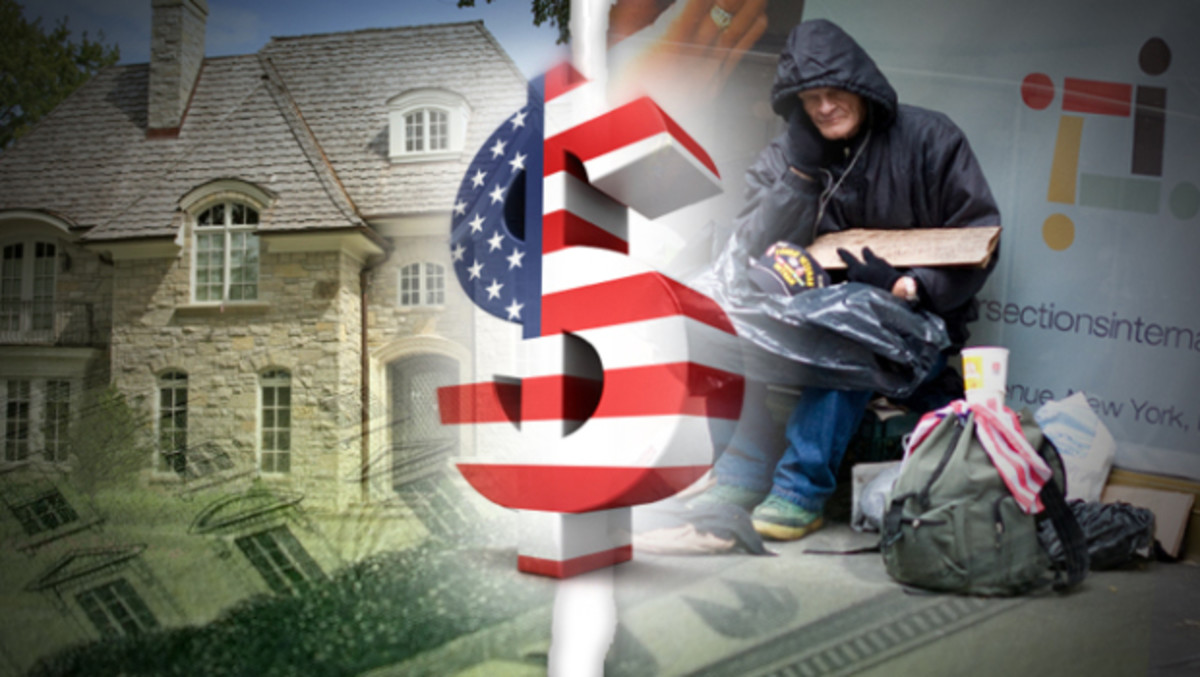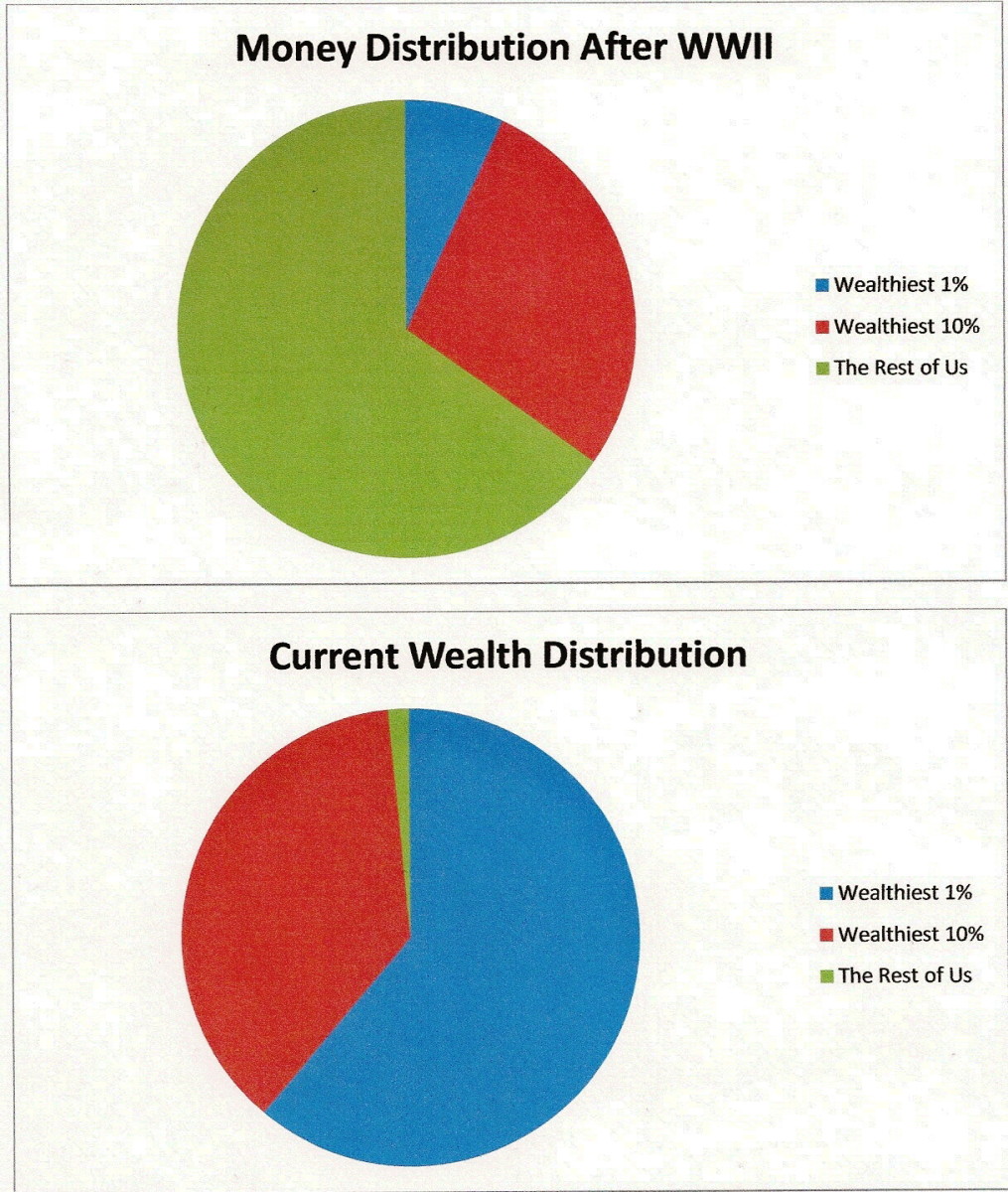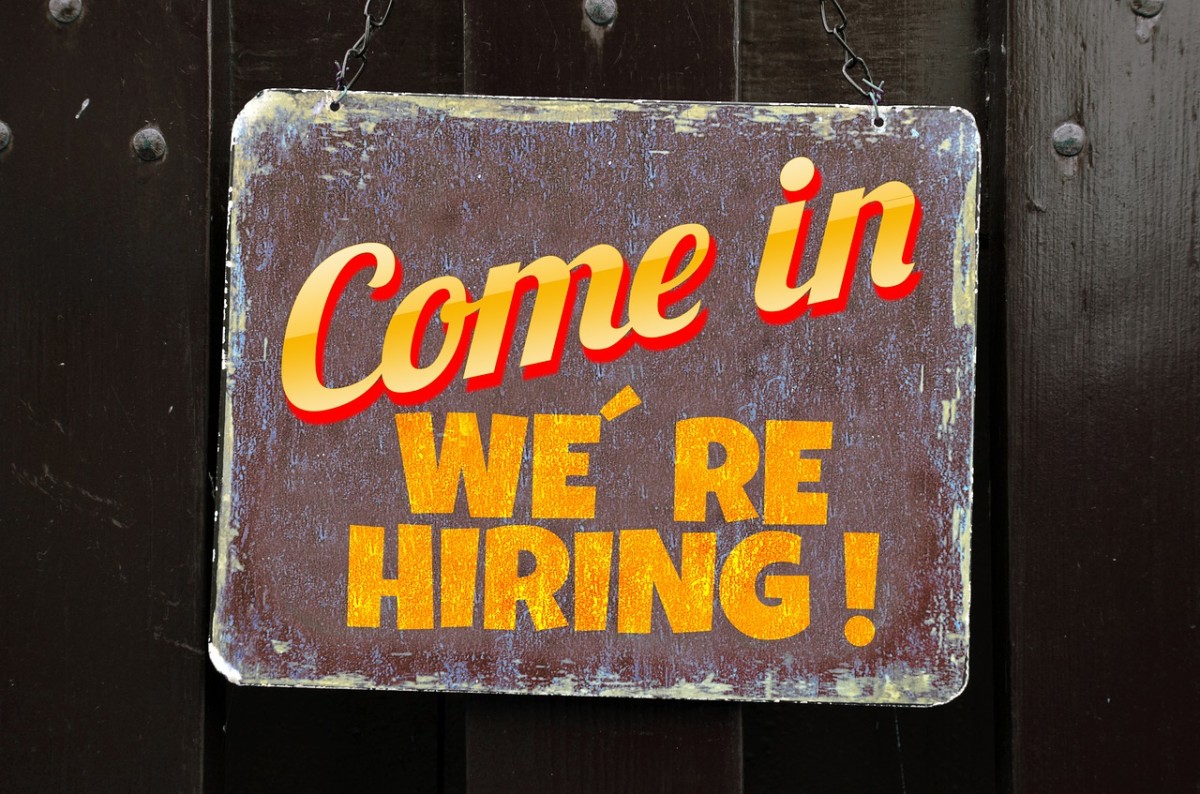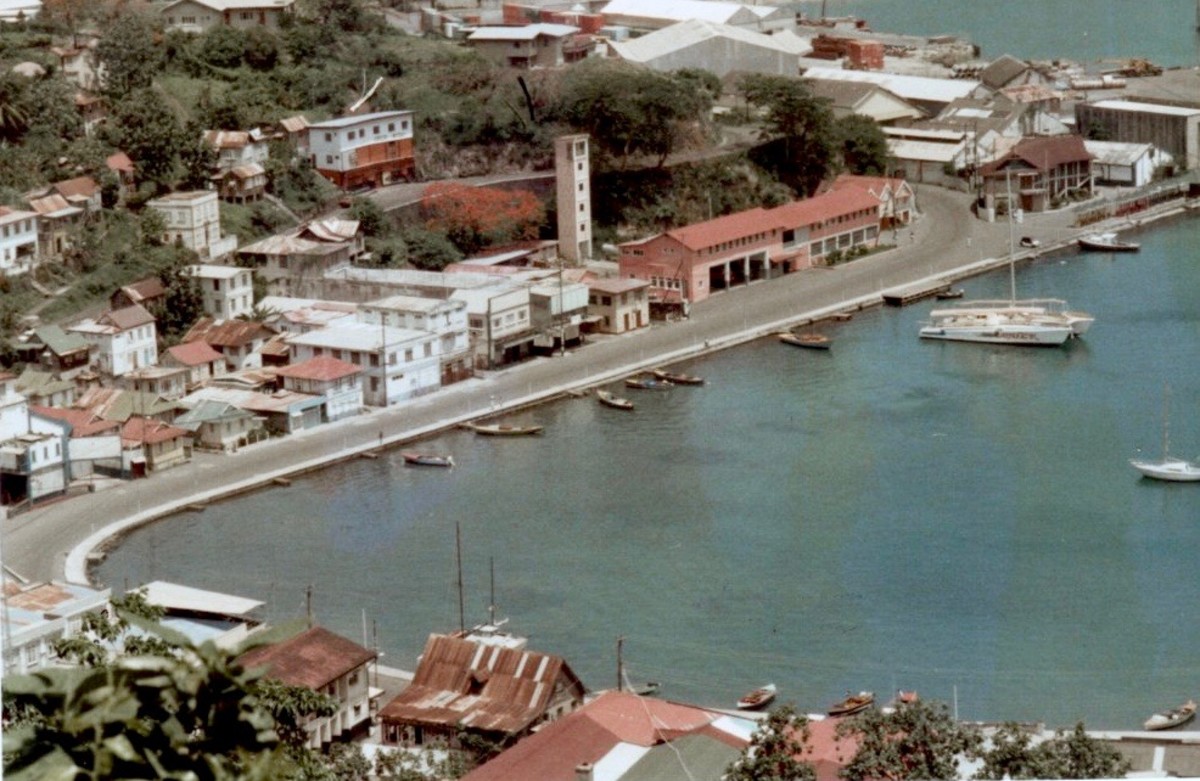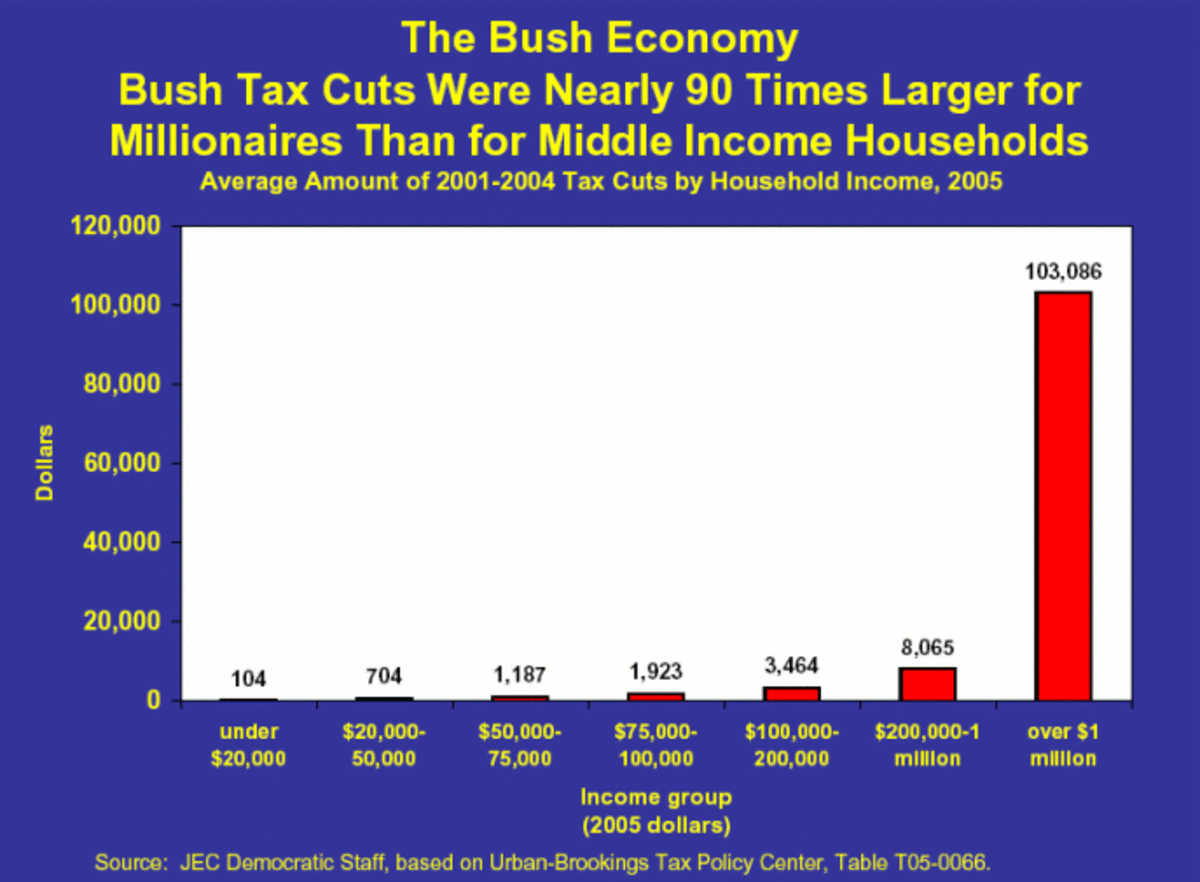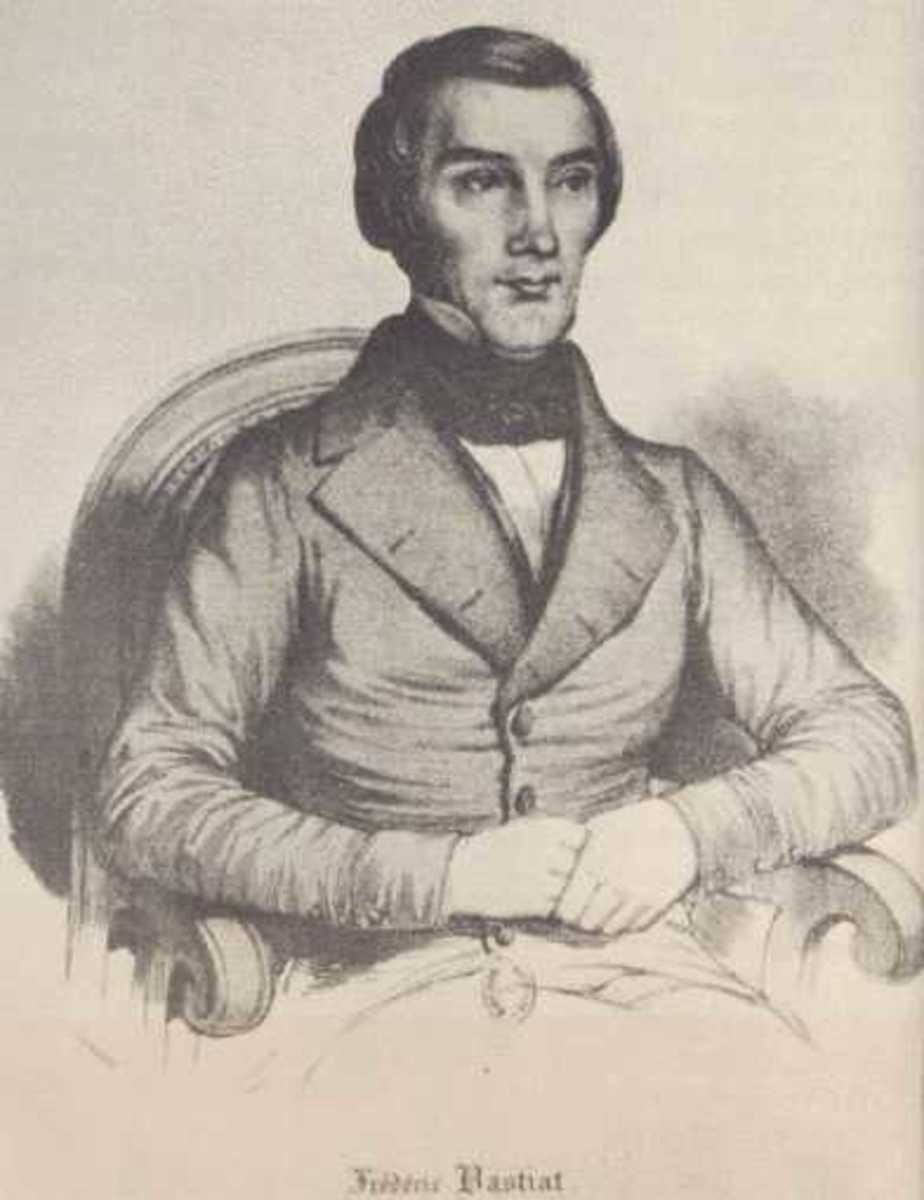Wal-Mart Tidbit
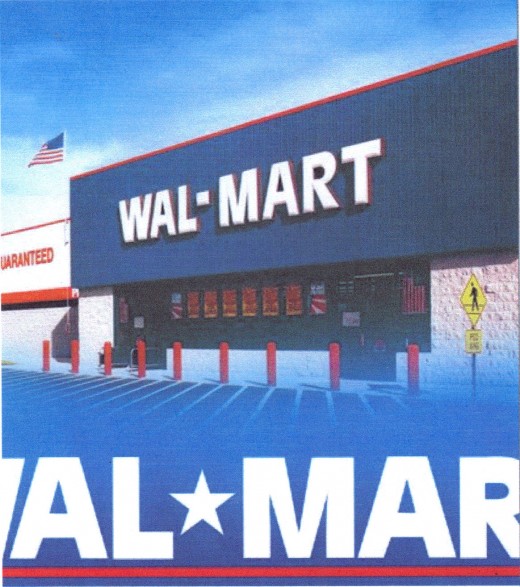
In the column “In Wal-mart’s Image” (The American Prospect) columnist Harold Myerson explains the impact of the Wal-mart corporation on our national economy and its origins. Myerson argues that the power Wal-Mart has in shaping our economy is dangerous.
Sam Walton opened his first stores when John Kennedy was President. Kennedy had promised during his campaign that he would extend the minimum wage to retail workers who had not yet been covered by the minimum wage law. An exclusion was granted to small businesses with annual sales below $250,000 in 1965. The federal minimum wage was increased to $1.15 per hour and Walton was paying his employees as little as $.50 per hour. Walton divided his stores to into individual companies to fall below the minimum to avoid paying the minimum wage. A federal court ordered him to pay his workers the accumulated sums plus a double time penalty. Walton distributed the checks, but at the same meeting he told his employees that he would fire anyone who cashed the checks. Myerson’s point is that the company was willing to break the law to avoid paying a minimum wage and the same company (Wal-Mart) is now the largest private sector employer in the world.
There are many characteristics unique to Wal-mart in addition to its size. Sam Walton revolutionized distribution and logistics. He was the first retailer to understand the potential of the barcode and put it into use. Wal-Mart’s most distinguishing and potentially damaging characteristic is its ability to combine brilliant new technology with a devotion to long-established unequal Southern labor practices and that, according to Myerson is a very bad thing.

